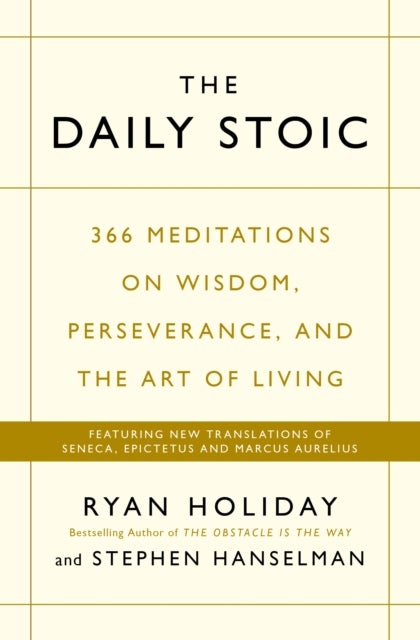Coleridge And The Doctors: 1795-1806 hardcover english - 01 Oct 2004
Now:
AED 828.00 Inclusive of VAT
 Free Delivery
Free Delivery
Get it by 26 Dec

Earn AED 41.40 cashback with the Mashreq noon Credit Card. Apply now

Pay 4 interest-free payments of AED 207.00.Learn more

Split in 4 payments of AED 207.00. No interest. No late fees.Learn more




1
Free delivery on Lockers & Pickup Points
Learn more
Enjoy hassle free returns with this offer.

Item as Described
70%
Partner Since
7+ YearsSpecifications
| Publisher | Oxford University Press |
| ISBN 13 | 9780199271177 |
| Book Subtitle | 1795-1806 |
| Book Description | What did Coleridge know about medicine and how did it influence the development of his critical thought? Neil Vickers sets out to answer this question in this radical reinterpretation of Coleridge's career between 1795 and 1806. Coleridge and the Doctors changes the way we look at Coleridge's intellectual development and reveals the richness of his involvement in the eighteenth-century tradition of 'philosophical medicine' and its determining influence on his critical and philosophic stance. The book also contains a revisionary analysis of Coleridge's dealings with opiates and offers a comprehensive account of British early Romantic medicine. |
| Editorial Review | Vickers's scrupulous reading of the medical theory ...illuminates the professional imperatives behind the increasingly scientific and philosophical tendencies of medicine and also establishes the role of Brunonian medicine in directing Coleridge's attention to German Idealism. Vickers's analysis successfully balances recent accounts of Coleridge as a "secret materialist" with an emphasis on the "mentalist" influence of Beddoes beginning in 1803. Beddoes, too, alerted Coleridge to the possibility that a patient's journal could function as both case history and therapy, an insight that dovetails nicely with Caldwell's account of medical narrative. * Noah Heringman, Studies in English Literature * Anyone who reads Coleridge's letters must be struck by their graphic and elaborate diagnoses of the diverse ailments from which the poet suffered. Neil Vickers's innovation in Coleridge and the Doctors is to read such passages as medical texts in their own right, informed by Coleridge's intense engagement with philosophical medicine between 1800 and 1808. Vickers revisits Coleridge's accounts of volcanic activity in his bowels and of his attempt to manage his neuralgic pains by running around the house naked (p. 68) with a seriousness that Coleridge would appreciate: he diligently recovers the theoretical assumptions behind these and many other case histories, often reuniting the largely symptomatic accounts of the letters with contemporaneous, more philosophical passages from Coleridge's notebooks. * Noah Heringman, Studies in English Literature * this scrupulous study, will make a nuanced difference to future readings of Coleridge's poetry. * TLS * "[The] refusal to simplify Colerdige's belief systems to package them prettily for students of literary criticism (for example) is one of the many strengths of this splendid book. I doubt that anyone could have compressed more matter into such a short book."-George Rousseau, Nuncius Some books close down the subjects they explore: they spare others the trouble of revisiting the subject for the next half-century. But some, like this one, open avenues. Not only is a wealth of medical and contemporary interpretive detail gathered here into a coherent account, but the potential of the material is fully evident and capable of rich expansion. * Bulletin of the History of Medicine * Altogether Vicker's book is an erudite, elegantly written and utterly compelling re-assessment of Coleridge's illnesses, an indispensable contribution to our knowledge of the poet and the period. * Michael John Kooy * |
| Language | English |
| Author | Neil Vickers |
| Publication Date | 01 Oct 2004 |
| Number of Pages | 240 |
Coleridge And The Doctors: 1795-1806 hardcover english - 01 Oct 2004
Added to cart
Cart Total AED 828.00


























































































































